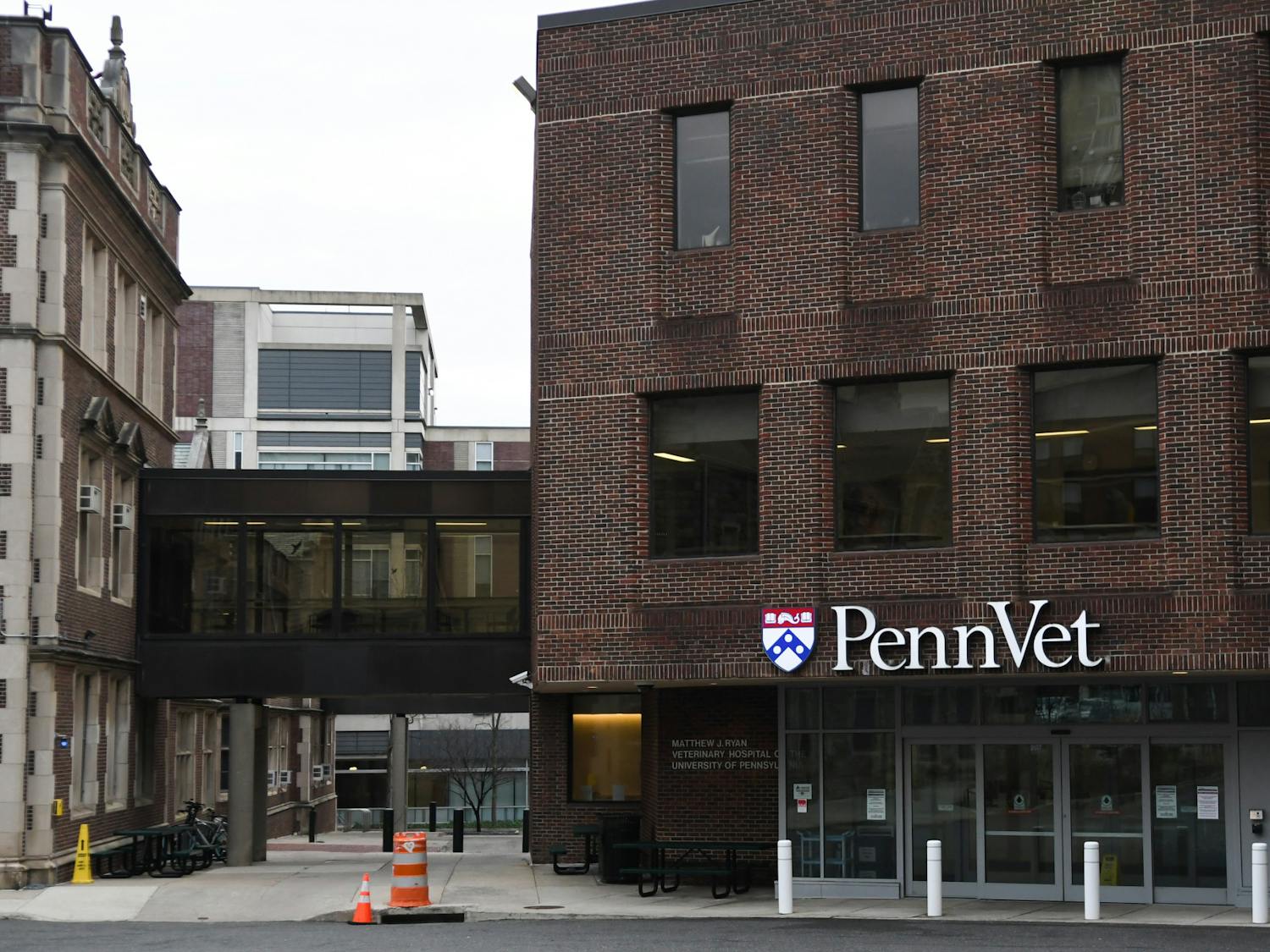The U.S. Food and Drug Administration issued a warning letter on Friday to the fast food sandwich chain Jimmy John’s Gourmet Sandwiches, claiming that the company served vegetables linked to E. coli or salmonella.
The letter details five outbreaks of either salmonella or E. coli dating back to 2012 in which infected people recalled eating raw clover sprouts or cucumbers at a Jimmy John’s location. Jimmy John's has three restaurants around Penn's campus, none of which were mentioned in the letter.
In a news release Tuesday, FDA Deputy Commissioner Frank Yiannas said, “Jimmy John's has not demonstrated implementation of long-term sustainable corrections to its supply chain to assure the safety of ingredients used in its products.”
The FDA letter said Jimmy John's has 15 days to respond with the specific measures the chain is taking to address the violation.
Following the FDA letter, Jimmy John’s President James North ordered the removal of sprouts from all of the chain’s locations until further notice, CNN reported.
"Food safety is our top priority,” North told CNN. “This removal (of sprouts) was out of an abundance of caution and was not initiated by any known, immediate threat.”
Jimmy John’s first opened their location in the Radian building at 3025 Walnut Street in 2008. The location was opened by 2000 Wharton graduate Brett Weinheimer, who said he wanted to provide a good late night food option for Penn students.
Since 2008, locations have opened at 3601 Market St. and 3400 Civic Center Boulevard, by the Penn Museum.
RELATED:
Philadelphia Department of Public Health launches program to combat food inequity
CHOP opens first food pharmacy for patient families in West Philadelphia
None of the Jimmy John’s locations mentioned in the warning letter from the FDA are in the state of Pennsylvania.
According to the FDA, E. coli can cause illnesses, including diarrhea, but most healthy adults can recover within a week. Salmonella, on the other hand, can cause serious, even life-threatening, infections.









